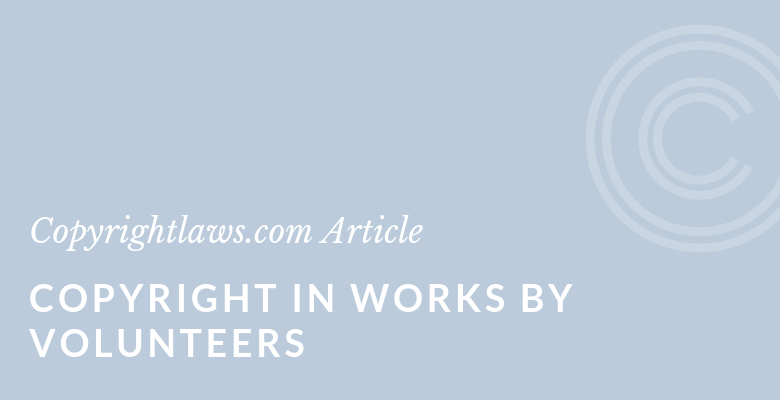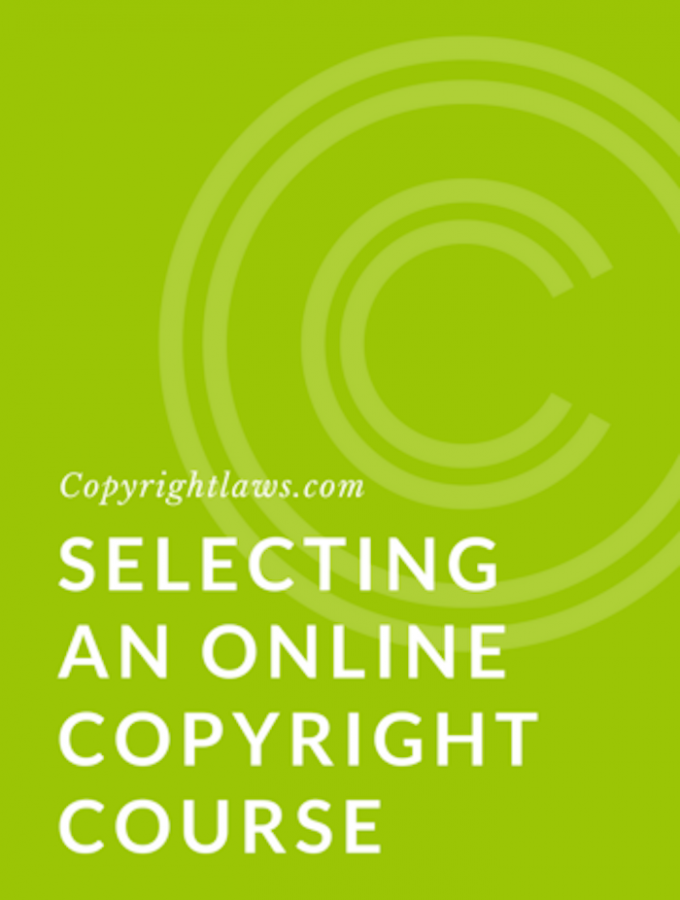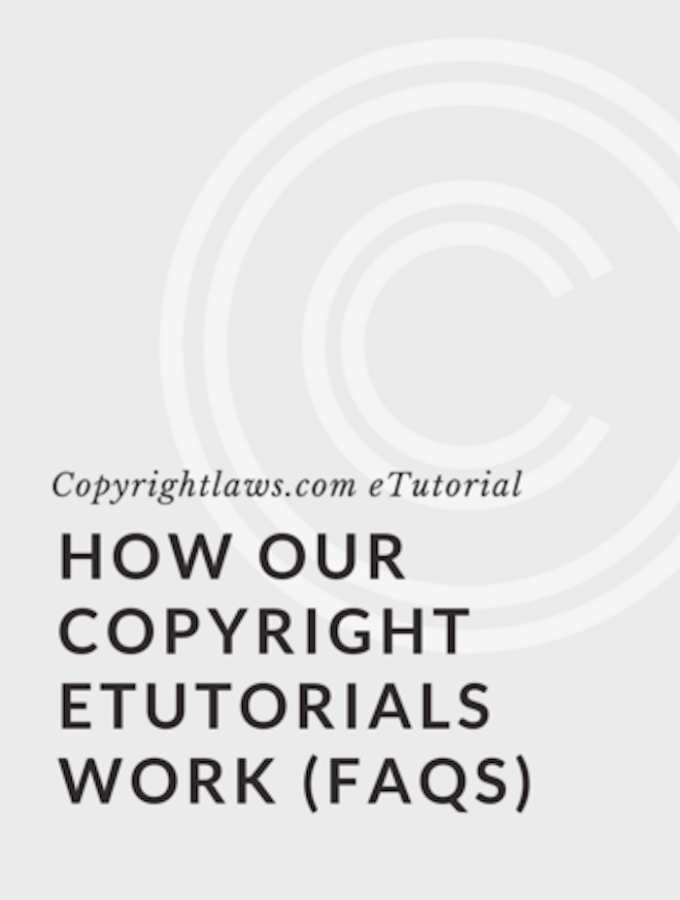
When the question of copyright ownership comes up, the discussion often addresses employment situations. The employer owns copyright in works created by employees during the course of their employment. But who owns copyright in works by volunteers?
Volunteer Copyright Ownership Scenarios
- A volunteer creates an image or logo for a special exhibit or event at your museum or archive. You use that logo on a number of print materials and include it on your website. Can you adapt the logo and use it on one of your publications?
- A volunteer creates a short video about your organization. Can you place it on your blog? Use it at your annual conference? Post it on YouTube?
- A volunteer writes an article for your organization’s newsletter. Can you republish the article in a book? Translate it into another language? What if another organization wants to publish the article on its website?
The Bottom Line
It's possible that copyright automatically protects the materials your volunteers create in a fixed form (even without registering the materials or using a copyright symbol). Volunteers may create works such as:
- Articles and blog posts
- Images, photographs and logos
- Videos
- Business plans and research papers
- Tables and graphs based on research
- Other types of original content
At some point, the question may arise as to who owns the copyright in works by volunteers.
Don’t wait and be surprised by the answer at a critical time! In other words, address copyright ownership before you publish an article or image created by a volunteer in your organization's newsletter or annual report. Understand your organization’s policies and the rights of your volunteers before you ask them to create copyright works for you.
The bottom line is this:
- Generally, a volunteer owns copyright in any works they create while volunteering for your organization. This may be reversed by a written agreement between your organization and the volunteer.
Why does the volunteer initially own copyright? That's because the volunteer is the creator/first author of the work, and the Copyright Act initially provides copyright to the first person who puts a work into some sort of fixed form.
Copyright Employment Provisions Don't Apply to Volunteers
While the employer is the first owner of copyright in works created by employees during the course of their employment, the volunteer situation is different. Employment provisions (which take into account all relevant facts underlying the employment relationship) don't generally apply to volunteer arrangements.
So, let's follow up on the scenarios at the beginning of this article. If your volunteers create an image, logo or video, or write an article, you may need their permission prior to distributing these works or allowing others to use or adapt them.
Be Proactive: Enter into Copyright Agreements with Volunteers
You may want to consider developing an agreement with your volunteers that transfers to your organization the copyright in any works they create for you. Such an agreement ensures your organization can use their work as needed. It can also address the liability of volunteers using third-party works without obtaining permission. In other words, it's important that your agreement has a warranty that the works the volunteer is creating are original works and not copied or adapted from others' works.
If the concept of a volunteer agreement addressing copyright issues is new to you, begin by identifying the volunteers in your enterprise. Remember that volunteers come with different titles and roles. In addition to "volunteer," these may include:
- Intern
- Officer
- Director
- Committee member
- Student
Terms of the Agreement
Reaching an agreement with people when they begin volunteering for your organization provides clear guidelines and creates better relationships. A simple agreement in plain language is likely the best way to go. If your organization needs to own the copyright in works created by volunteers, the agreement should simply state this and set out the appropriate transfer/assignment of the rights.
You may also want to obtain a waiver of moral rights. This allows you to adapt a work and not be required to acknowledge the volunteer by including their name on it. In the U.S., moral rights only apply to works of visual art. In Canada and many other countries, moral rights apply to all works.
Without a waiver, volunteers may have the right to have their name on any works they create for you, or to use a pseudonym or remain anonymous. They may also be able to prevent any modifications of their works that may harm their reputation as a creator.
Another issue to consider is whether volunteers may use their work on their own blog or other social networking platform. By transferring the copyright to your organization, volunteers may not reproduce or distribute their own work in any manner without first obtaining your permission. You may consider, as part of your written agreement, allowing the volunteer to use the work as part of an electronic portfolio or on personal digital spaces.
You may also add a clause to your volunteer copyright agreement to the effect that volunteers will be responsible for any infringements of copyright during their work for your organization. Of course, this has to be worded carefully to avoid scaring off volunteers. Sharing your organization’s copyright guidelines will help guide the work of volunteers.
Copyright Literacy for Volunteers
Similar to your organization’s employees, volunteers must abide by copyright laws when they create works for you. Ensure you include volunteers in copyright literacy activities.
If you have a copyright policy, ensure your volunteers are aware of it and that you have explained such concepts as:
- Fair use/fair dealing
- International copyright law
- Digital copyright issues
- Any specific exceptions that may apply to your library or organization
Provide educational sessions and/or a contact person for volunteers so they have access to accurate copyright information.
Volunteers, employees, and all of us are using images in our work more than ever before.
This short article is a good primer on Legally Using Images.
For a more in-depth understanding of copyright principles including
ownership of works and legally using third-party content,
see our Copyright Leadership Program.



